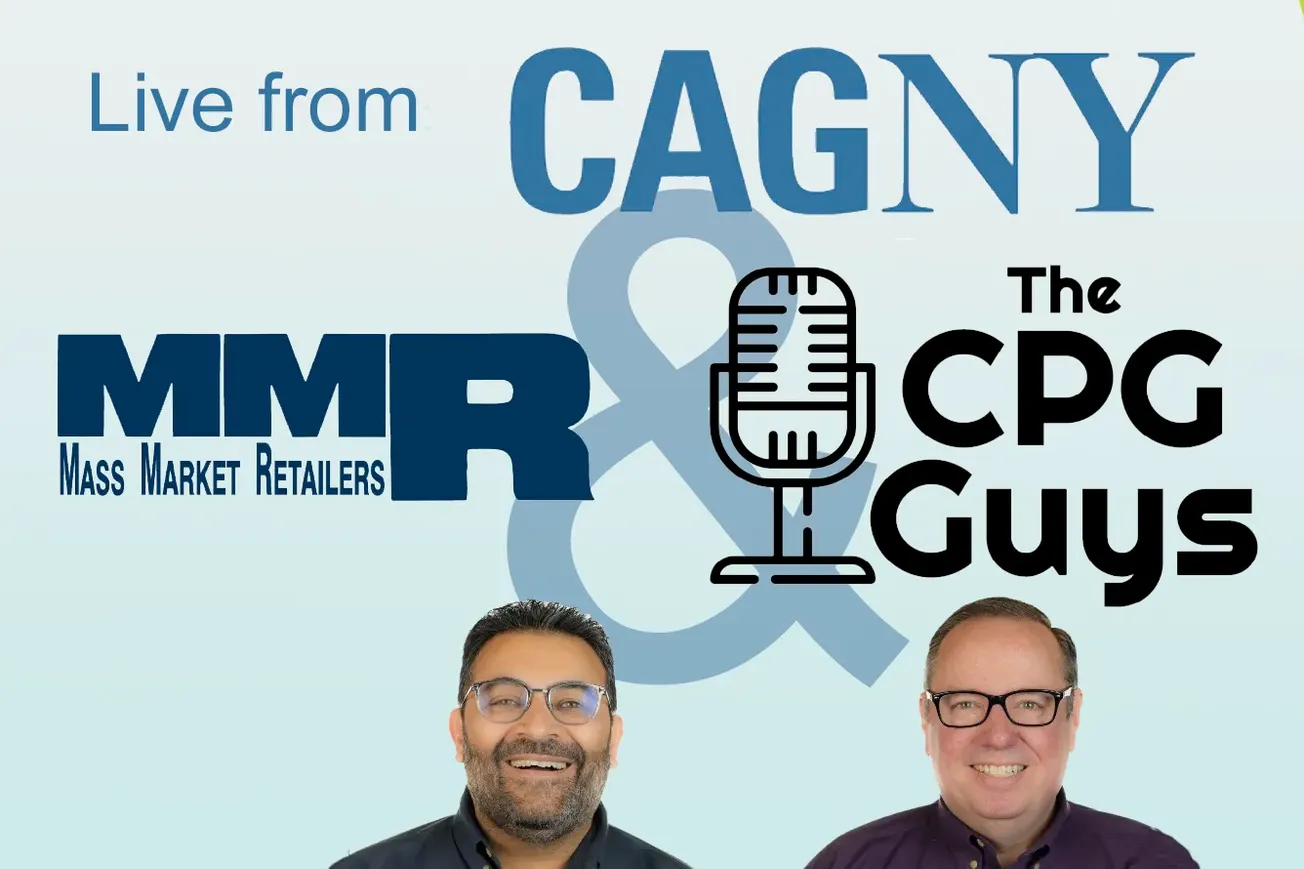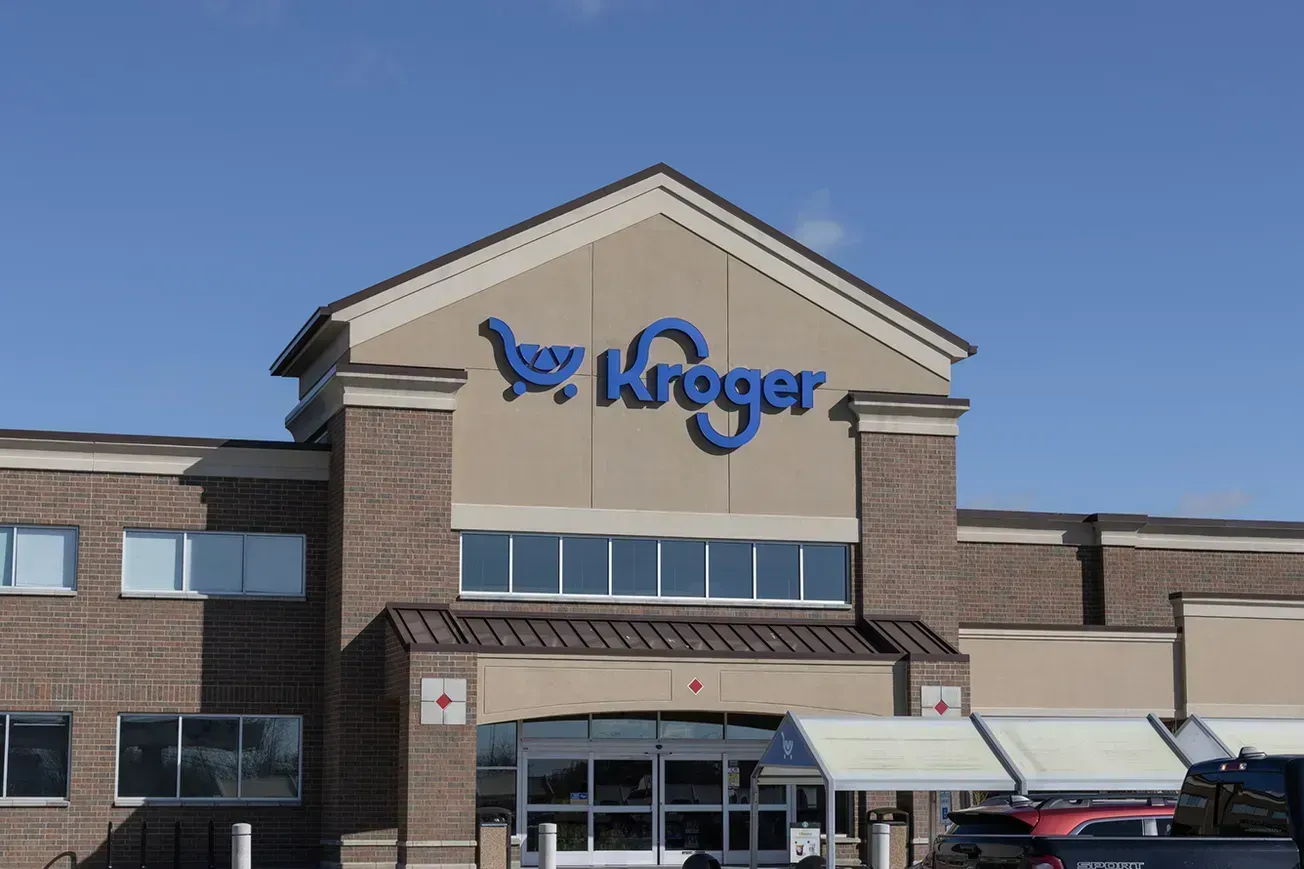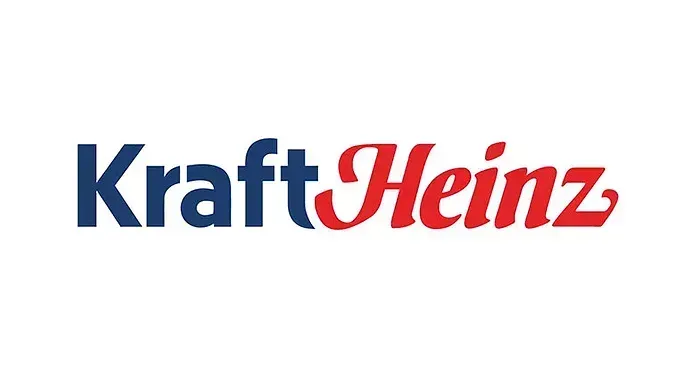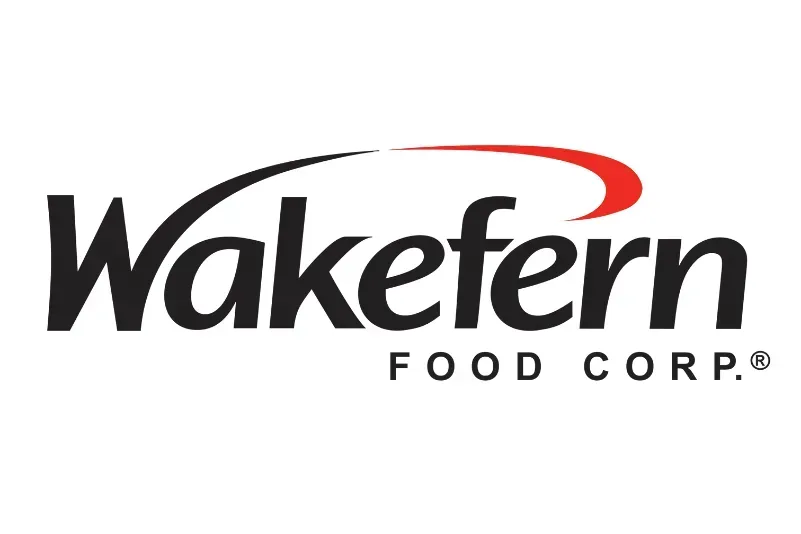NEW YORK — A paradox at the heart of the retailing business was brought to light during the first keynote session at NRF 2023: Retail’s Big Show. John Furner, president and chief executive officer of Walmart U.S., addressed the constancy of change in the industry during his opening remarks at Javits Center and, in a subsequent dialogue with James Cash, an emeritus professor at Harvard Business School and a former Walmart board member, explored factors that remain permanent in retailing amid all the flux.
“If you’re not offering the best shopping experience, your customers will just move on to someone else who does,” said Furner, who is also currently chairman of the National Retail Federation, whose annual Big Show attracted 35,000 attendees from 75 nations and featured more than 1,000 exhibitors. “With the pace of change that we’re seeing now across the industry, it’s more important than ever that we keep changing. I’m proud of the way our industry stepped up to help the communities we serve, and those communities in times of need.”
He congratulated his fellow retailers on finding ways to persevere and flourish despite the impact of COVID-19 and its repercussions.
“Through it all — the macro environment, the pandemic, natural disasters and historic inflation — retail continued sales growth,” Furner noted. “We have had positive growth now for 30 consecutive months. Back in March of this last year, NRF forecasted that retail sales would grow between 6% and 8% for 2022. We expect that we’ll wind up right in the middle of that range for the year. That’s on top of nearly 14% growth back in 2021.
“And given that this sector, the retail sector, is one of the nation’s largest employers, that growth really matters. It matters more for our employees, our associates, and it matters more for opportunity. There are so many of us here in the room who started working in a local store, a distribution center or a fulfillment center, and that’s my story.”
While still a teenager, Furner began working as an hourly associate at a Walmart Supercenter in 1983. After four decades, he now oversees the company’s 4,700 stores, omnichannel offerings and supply chain in the U.S.
Like Furner, Cash, who joined the Walmart board in 2006 and eventually served as lead director, pulled himself up by the bootstraps. He was the first African American student athlete at Texas Christian University, where he received his undergraduate degree; the first Black faculty member at Harvard to receive tenure, and the first African American at Harvard to have a building named in his honor.
The exchange between Furner and Cash was recorded for use as part of “The Huddle with John Furner,” a series of biweekly podcasts featuring Walmart associates and other individuals. Cash’s views about what factors are lasting in the retailing business came to light when Furner asked him to define the new normal.
“The new normal is, in fact, the old normal in retail,” said Cash, who during the course of his career also served on the board at Microsoft, General Electric and Scientific Atlanta, among other companies. “Because in retail, the community of the people we serve has a very clear calculus. That calculus is, I want things to be more cost effective, I want them to be easier, meaning, I want to have easier access to them, I want better choice. And now that the technology permits me as the consumer to really have the leverage in the relationship, I want to make sure that you are personalizing my experience in a very special way.
“That set of guidelines has been in place in retail for as long as I have been watching, which started back in the 1970s. The technology causes you to do it a little bit differently, but in fact those were the driving factors that have led us to where we are today and will continue to lead us.”
With a sharp focus on the intersection of corporate strategy and technology, Cash was ideally equipped to offer members of the audience advice about how new digital tools should be applied.
“All of you who are experimenting with things like artificial intelligence and machine learning and virtual reality and augmented reality, please understand, these are not just snapshots of what is going to happen today,” he said. “This is a treadmill, and the performance of the treadmill will continue to be evaluated using that same set of criteria.”
Furner responded by tacitly acknowledging the paradox between permanence and change in retailing: “That really rings true, it’s what we describe as the value proposition with this thing at the end called the time tax. As I said earlier, loyalty in retail tends to be the absence of something better.
“In the industry it is important just to know — and at Walmart we say this internally all the time — the only thing that is constant is change. That will always remain true, and we will keep moving forward, and the world will move forward.”
Appearing at the Big Show on Martin Luther King’s actual birthday (January 15), Furner asked Cash about how he views the future and what the retail sector can do to help shape it.
“First of all, retail touches so many people in so many different ways,” Cash said. “It is really one of those things that moves our world and culture in a very special way. So I would just say, be culturally sensitive. We are in a world that really requires inclusivity to be successful and to grow the pie.
“All of the initiatives that are making the tent bigger or the pie bigger, whatever phrase you’d like to use, are the things we should focus on. There’s no better sector than retail, in my experience, to basically have that kind of positive effect in the world.”





